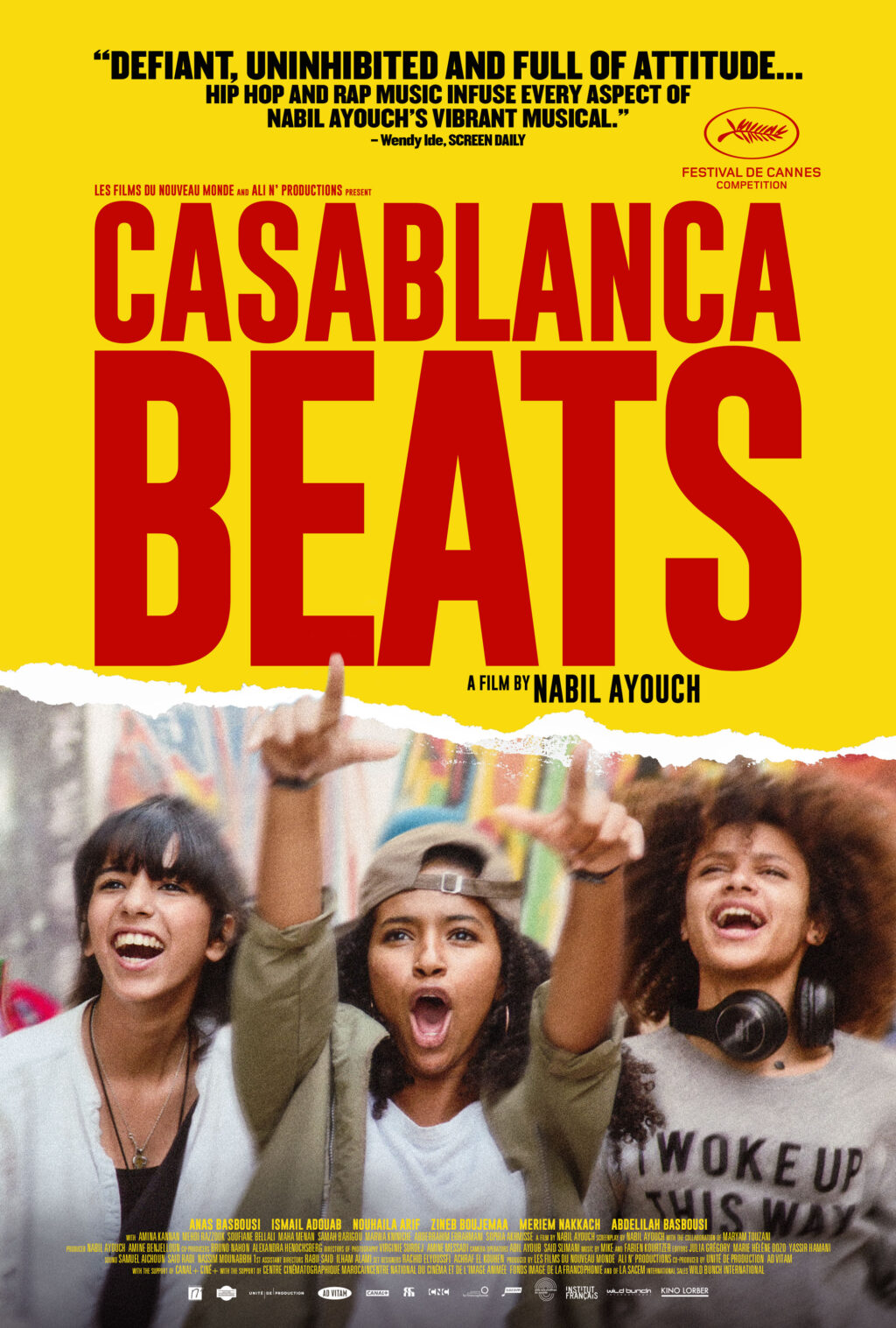Jannette Emmerick
UWG’s annual French Film Festival has four more movies lined up for the Spring Semester, and despite the label of “French,” this year highlights facets of French culture beyond “France.” Hosted by the ILC, the films chosen each hold unique perspectives and languages including but not limited to Catalan, Arabic and German.
“It’s a really exciting opportunity for us to be able to bring in films that maybe our students haven’t seen before,” said Claire Ezekiel, Lecturer of French. “Films where they can hear the language in action, see culture in action and be able to have connections and make cultural comparisons within the films and within the discussions we have around the films.”
The films will let viewers see the interweaving of diverse cultures. Moreover, the Festival works with faculty to make the experience interdisciplinary, with philosophy professors and history professors stepping in, but also fellow language professors.
“‘Josep’ was [presented by] Dr. Jeff Zamostny, in Spanish, he did a great job with that bringing in different things for students to look for in the film before watching it and also highlighting the different languages,” said Ezekiel.
“Josep” was the first film of the festival, which followed an artist under the title name during the 1930s, who was a prisoner in a concentration camp in France, under Franco’s dictatorship. The second film was “Corsage,” which is an artistic film about Empress Elisabeth of Austria, the wife of Emperor Franz Joseph.
“This year in particular we’re excited to have films that have all different languages,” said Ezekiel. “So we have films, like Josep, that bring in Spanish [and] Catalan. We have French and Arabic films. We have the German film that had all kinds of languages with German and French. So we’re not just focusing on French language. It’s not just films made in France necessarily. We’re expanding on French culture.”
The next film in the line-up is set in New York City, meaning the film will heavily feature English, but was directed by Sébastien Lifshitz, a French filmmaker.
“[The film] is a really interesting film about a community of transgender women in New York in this place they called Casa Susanna. So it’s got a little bit of French. But I think it’s mostly in English.”
“Casa Susanna” will be shown on Feb. 26 in Callaway Hall 145 at 6 p.m. The next film “Haut et Fort” will be on March 5, at 5 p.m. With the English name “Casablanca Beats,” the film is set in Morocco’s hip-hop and rap scene and will feature Arabic, French, and English dialogue.
“So we have the two co-presidents of the French Club that are going to introduce the film,” said Ezekiel. “And around the film we’re gonna have games and food and try to make it a really nice community event that expands farther than language students.”
On March 13, “Chocolat” with be shown at 5 p.m., also in Callaway 145. “Chocolat” is a somewhat pseudo-autobiography for the classic Film director of the film, Claire Denis. The story follows the main character’s childhood experience navigating colonial French Africa.
The festival concludes with “Saint Omer” on March 14th, which will be virtually available that day and include an introduction by French Professor Lisa Connell. This final film follows a trial case about a young woman accused of killing her daughter.
“I think with the goal of the festival, one of the things we are most cognizant of is that we do try to show a range of cultures,” said Ezekiel. “A lot of times when you’re taking a language class, you can have this understanding of culture as like a textbook culture, so as we do the film festival, we do try to think about representations of different cultures and how students can connect with that. Expanding language beyond hegemonic culture that you might associate with that language.
Regardless of whether students are interested in taking language courses, the film festival is open to everyone, whether that be discovering various cultures or learning about history.
You may also like
-
3rd Annual At the Core Conference Recognizes Freshmen and Sophomore Undergraduate Research Across Disciplines
-
Greek Week 2024: Teams Strive to Have The Odds Ever in Their Favor
-
Chi Omega Raises Money For The Make-A-Wish Foundation
-
West Georgia Outdoors Lake Day Gives Students a Chance to Destress Before Finals
-
“The Toxic Avenger” Closes UWG Theatre’s “Resistance is Futile” Season
